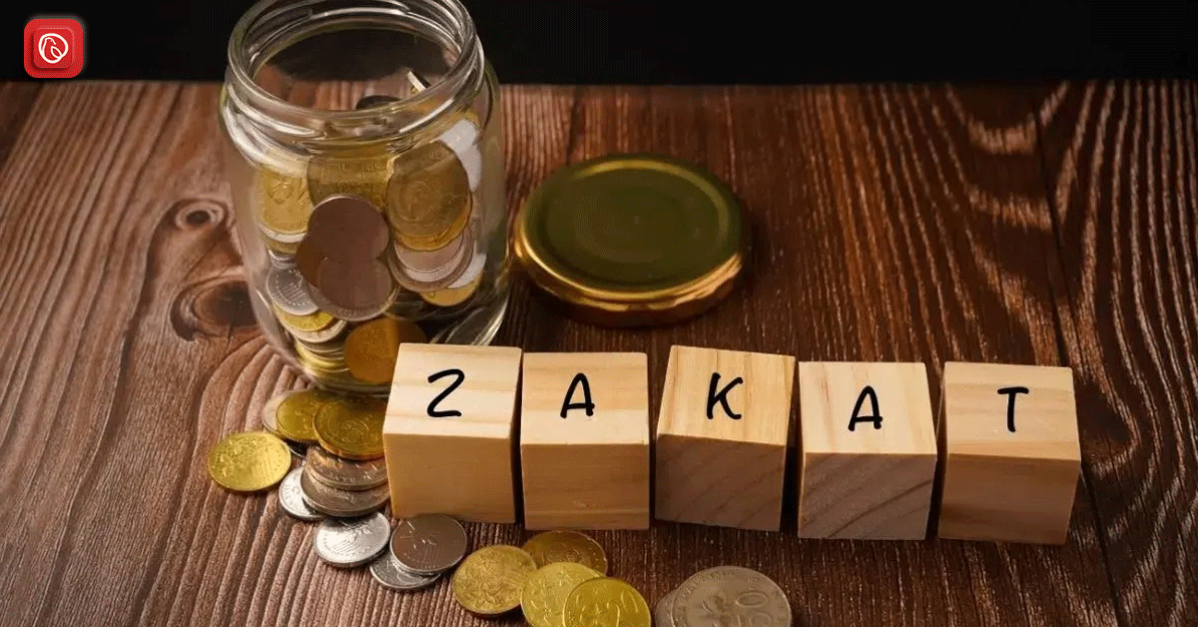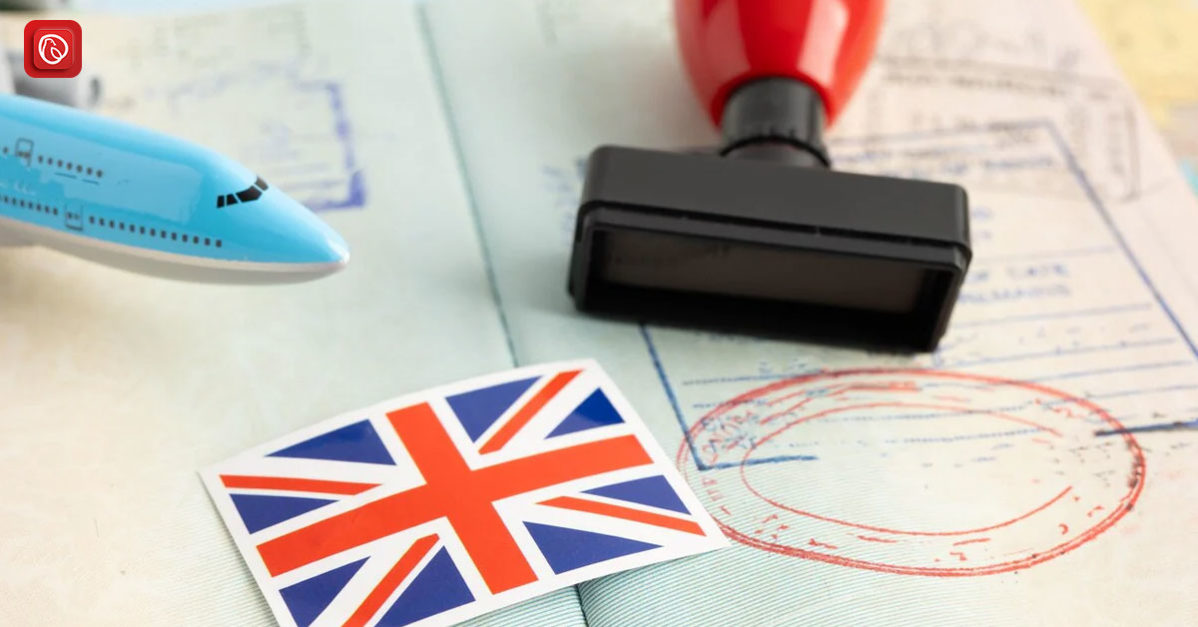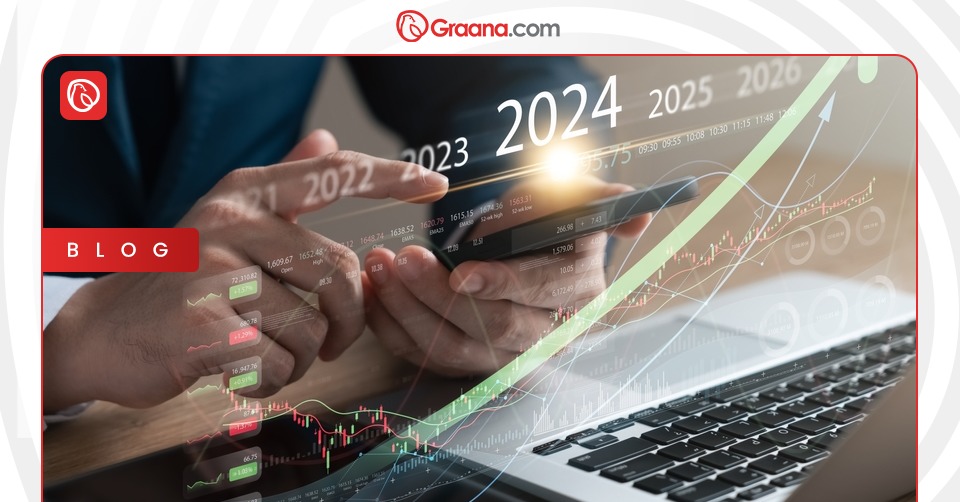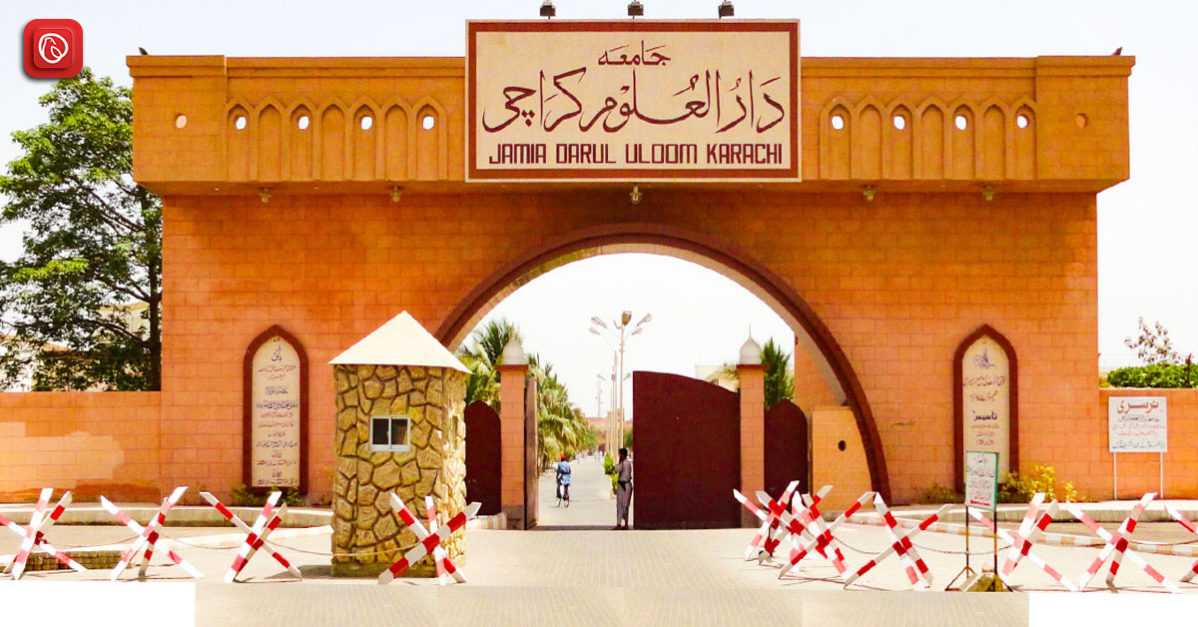To maintain a flow of wealth from the upper strata of society to the unprivileged, Islam introduces the concept of Zakat. According to Islamic traditions, every Sahib-e-Nisab has to pay 2.55 of his/her assets as Zakat to the needy and poor people of the society.
It is one of the five pillars of Islam, and every year all privileged Muslims across the world donate a specific percentage of their wealth to the poor, especially during the month of Ramzan. This helps to maintain a balance in society.
Islam has set an obligatory threshold on the savings and assets for all Muslims to make it easier for them to calculate their Zakat. Graana.com has prepared a guide for you below.
How to Determine the Eligibility Criteria?
If the total value of all the assets that a person possesses is more than 7.5 tola/3 ounces/87.3 grams of gold, or 52.1 tola/21 ounces/612.36 grams of silver during a full lunar year, he/she is eligible to pay Zakat.
However, as gold is no longer used as a form of currency, you can convert the total value of gold or silver to your local currency.
For example, if you are living in Pakistan, then the rupee will be used as a currency of conversion. Let’s discuss a practical calculation to help you better understand the conversion process.
Zakat Nisab Calculation Formula
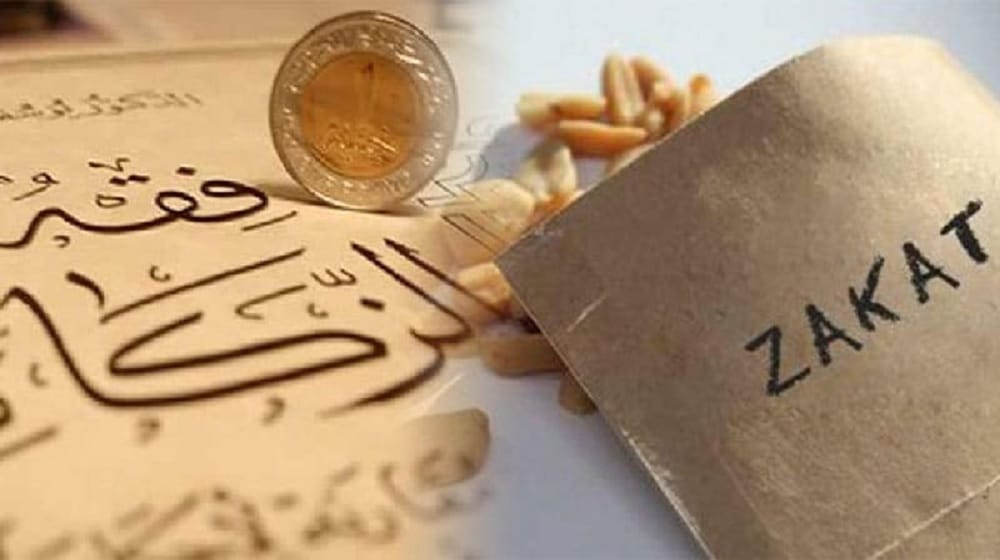
Rate of Gold in Pakistan * 7.5 tola/3 ounces/87.3 grams of gold = Gold Nisab
Rate of Silver in Pakistan * 52.1 tola/21 ounces/612.36 grams of silver = Silver Nisab
Let’s assume that the rate of gold per tola on a specific day of 2023 is Rs. 223100. So,
Rs. 223100 * 7.5 tola = Rs. 1,673,250
Now, let’s calculate the Zakat Nisab according to the silver standard at a rate of Rs. 1600 per tola.
Rs. 2419 * 52.1 = Rs. 126,029.9
Explanation
From the above calculation, we can conclude that a person with assets worth more than Rs. 1,024,372 is a Sahib-e-Nisab, and he/she is eligible to pay Zakat according to the Gold Nisab. Similarly, a person with assets worth above Rs. 83,360 is a Sahib-e-Nisab according to the silver standard.
The most important thing to consider here is that the assets must be worth above the Nisab limit during a full lunar year. If the assets are below the Nisab limits, you are not a Sahib-e-Nisab.
Moreover, the Zakat calculation date will be the first day once you have assets above the Nisab limit. However, if you are Sahib-e-Nisab all year, you can set a date accordingly. Many people prefer Ramadan to pay their Zakat.
Which Nisab Should You Choose?
When it comes to paying Zakat, choosing a Nisab can be difficult. According to several hadith and practices of Prophet Muhammad (PBUH), silver Nisab is considered more Afzal and rewarding for both the recipient and the giver. A lower threshold due to silver Nisab allows the givers to donate more Zakat and, thus, help more people in need.
If all your savings and assets are in the form of gold, then you should use Gold Nisab. However, if you have mixed assets such as real estate, company shares, business, or commodities, then you should use the silver Nisab.
Consulting a practising Aalim-e-Deen for advice can also be a good option to calculate Zakat according to the right Nisab.
Zakat Calculators
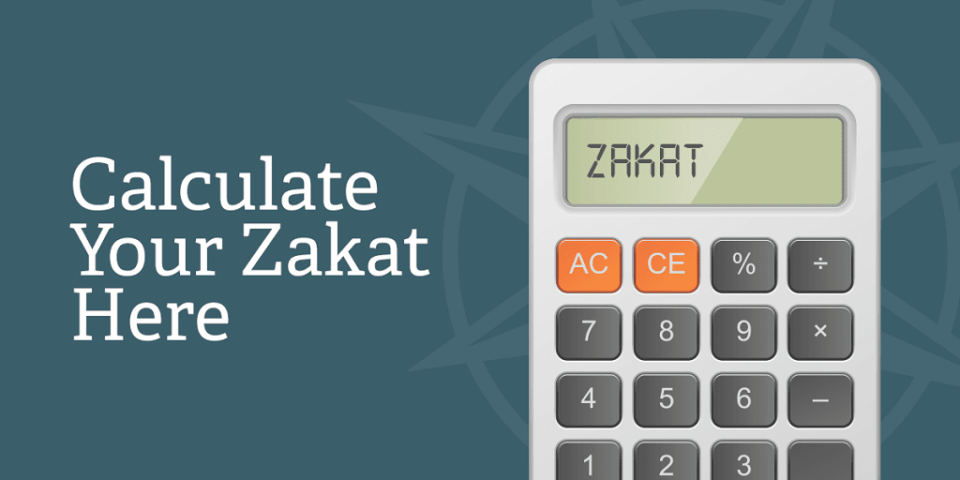
Several organisations have introduced different Zakat calculators, which are according to the right Nisab standards for each year.
You can take help from these to calculate your Zakat accurately. You can also take help from the ulema as well.
Assets to Include While Calculating Zakat
According to different traditions set by ulema in the light of the Quran and hadith, the following assets are subject to Zakat:
- Cash (and liquid investments)
- Receivables
- Gold and silver
- Business stock and assets
- Investments in Zakatable assets (shares, unity trusts, equity, shariah compliant crypto assets)
- Pensions
- Debts owed to you
- Agricultural produce
- Livestock
What the Quran Says About Zakatable Assets
The list above is based on the Qur’anic reference to items subject to Zakat is rather general.
Surah Al-Taubah (9:103) mentions the word “amwal” (meaning “worldly possessions” or “wealth” in Arabic) and Surah Al-Baqarah (2:267) says, “What you have earned,” and “What we have produced for you from the earth”.
How to Interpret the Above Ayahs
In the time of the Prophet Muhammad (peace be upon him), Zakat was paid on the following:
- Camels
- Sheep
- Gold and silver
- Agricultural output
- Goods designated for trade
However, certain items were exempt, such as items used for personal purposes like clothes and household furniture.
Assets to Exclude During Zakat Calculation
According to different ulema, the following liabilities are excluded:
- Any amount that is due to your employees as their salary
- Any pending amount of rent you owe to your landlord
- The outstanding amount on any personal loans or mortgages that you have taken
- The total amount of pending utility as well as credit card bills
- Zakat on property: The value of a property that you have given on rent to your tenant
Masarif-e-Zakat
Masarif-e-Zakat stands for the “recipients of Zakat” or those who are eligible to receive Zakat. Whether it is the Zakat of dignity or the Zakat of Shria, the Masarif-e-Zakat remains the same.
Allah Almighty has clearly categorised the Masarif-e-Zakat in Quran in the following words:
Meaning
“Indeed sadaqah is for Fakirs, Masakeen and for Amileen (those deployed to collect zakat), those in whose hearts the inculcation of love for Islam is aimed at, and to free the captives and remove the burden of debtors and (those who toil hard) in the way of Allah and for the wayfarers.
This has been prescribed by Allah. Allah, the All-Knower, the Most Wise.” (9:60)
Explanation
According to the above Ayah of the Quran, the following are the 8 categories of Masarif-e-Zakat:
- Fuqara (poor and low-income individuals)
- Masakeen (needy Muslims who lack even the most basic facilities)
- Aamileen (officials appointed by an Islamic State for the collection of Zakat)
- Muallafat-ul-Quloob (new underprivileged Muslims, to incline their hearts towards Islam even more)
- Ar–Riqaab (slaves and captives, to set them free from their masters)
- Al-Gharimeen (Muslims who are in debt)
- Fi Sabeelillah (needy Muslims who are away from home to perform good deeds, like Hajj or Jihad)
- Ibn-us-Sabeel (a traveller who is needy for the duration of the journey)
Importance of Paying Zakat
Zakat has been mentioned at least 82 times in the Holy Quran, which explains why it is so important in the Islamic economic system. Generally, Zakat has significance in the following three domains of life:
- Social
- Economic
- Spiritual
Social Benefits
Islam focuses on community sustainability and Zakat is the main engine that drives this sustainability. It helps to circulate wealth in society and keep a balance. The following are some social benefits of Zakat:
- It eliminates social conflicts and establishes social security.
- It gives hope to those who may have given up otherwise.
- It helps bridge the gap between the rich and the poor.
- It prevents the poor from resorting to unlawful or illegal means to earn a living.
- It promotes selflessness.
- Real world issues come to light.
- Poverty is reduced.
- Human dignity is restored/established.
Economic Benefits
An economic balance in society is a must for its survival, which is why Islam introduced the concept of Zakat. The following are some of its economic benefits:
- It provides financial help in the form of food, shelter, and clothes.
- It elevates society by restoring its economic balance.
- It purifies the worldly possessions that remain with us.
- Uplift the needful around us.
Spiritual Benefits
It is a spiritual connection to the Creator – to purify your wealth for the will of Allah is to acknowledge that everything we own belongs to Him. For Him, we strive to end poverty and help our brothers and sisters. It cleanses our higher souls from the taint of their base natures.
For more related information, visit the Graana blog.
